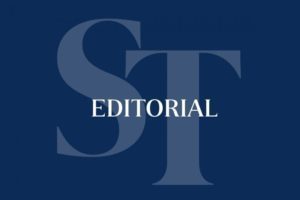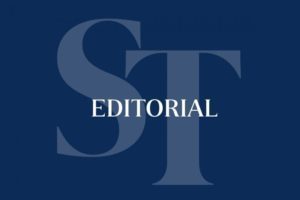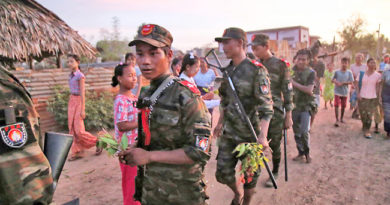EDITORIAL: The Straits Times says- Navigating a new, uncertain future
The Straits Times

After the release of the dismal second-quarter gross domestic product growth numbers on Tuesday, Trade and Industry Minister Chan Chun Sing pointed to some painful truths that Singapore will have to accept and contend with, going forward. The “old normal” of the pre-Covid-19 world will not come back; economic recovery will take time and is unlikely to be smooth; and Singapore cannot afford to hunker down and wait for the crisis to pass, but must chart a new direction now for a very different and uncertain future. There are four big changes that are shaping the new normal: a more fractious and uncertain geopolitical environment; the reordering of supply chains; the transformation of jobs, with the rise of remote work; and a possible increase in social frictions as the economic pie shrinks. These trends will have profound implications for companies, workers as well as public policies, creating both new challenges and opportunities.
.


Going forward, economic growth, while not as bad as in the second quarter, will remain subdued. The weakness of external demand will persist amid the global recession. Domestic demand will also soften as job losses mount, and consumers and businesses turn more cautious. Among sectors, the hardest hit will be those that depend on open borders such as aviation, tourism and hospitality. They will need to reinvent their business models. The reshaping of supply chains with more emphasis on resilience than efficiency will force companies to shift production locations as well as processes, some of which will involve higher costs. But as the Government has noted, on the positive side, the diversification of supply chains could also mean more investment in Asean, including Singapore.
The rise of remote work will translate into an intensely competitive global job market. This can cut both ways, enabling Singapore workers – and professionals, managers, executives and technicians (PMETs) in particular – to find opportunities outside Singapore, but also causing more competition for jobs here from workers overseas. Non-PMETs will face severe challenges. They will bear the brunt of layoffs and many will be forced into self-employment or into the gig economy.
.


This will raise issues for public policy, including putting in place stronger protections for such workers such as minimum standards for working conditions and benefits. The post-Covid-19 economy will also call for a reshaping of the social contract, in particular stronger safety nets, especially for the unemployed. The experience with the pandemic shows that countries with weak safety nets are at greater risk, both in terms of economic resilience and social stability. A more robust social contract will add to Singapore’s strengths of openness, rule of law and a trusted reputation, and better enable it to navigate the very different and uncertain future it faces.










